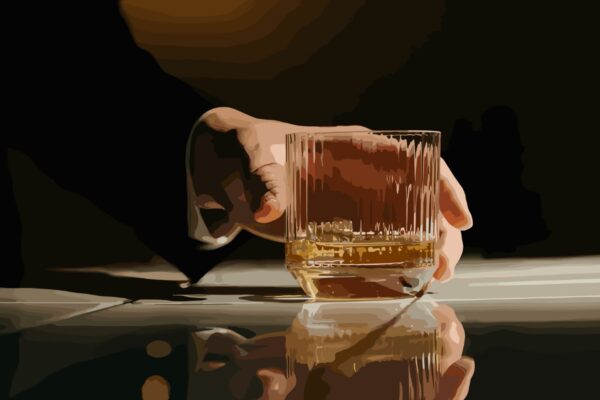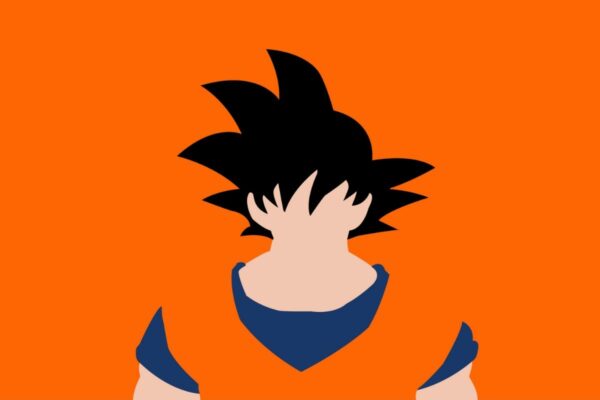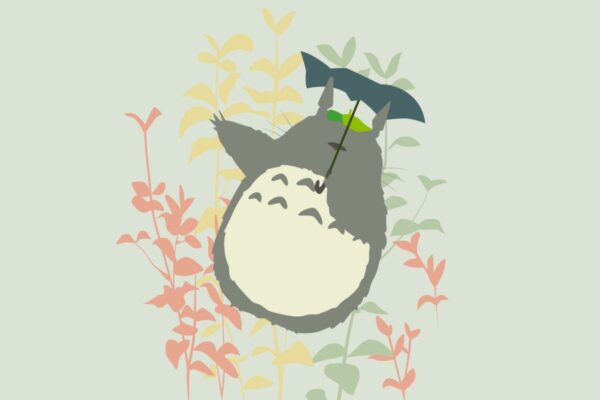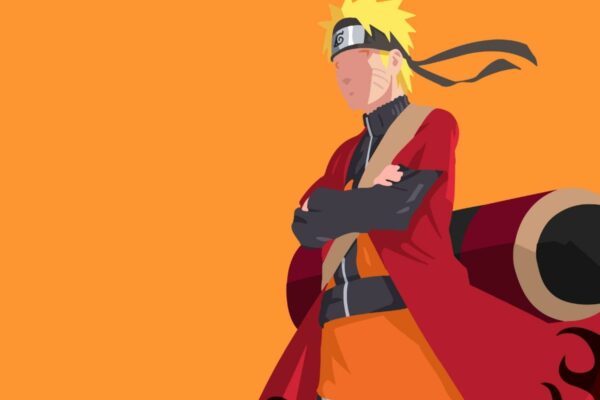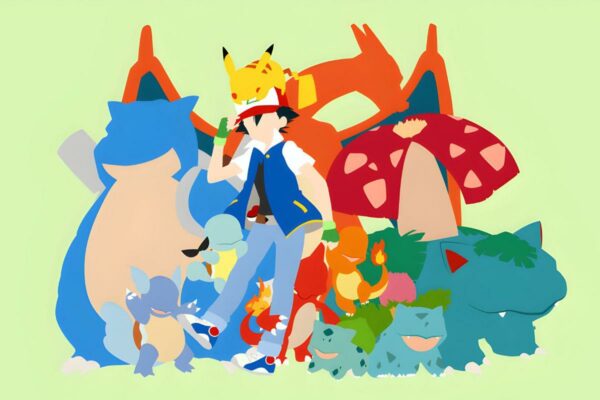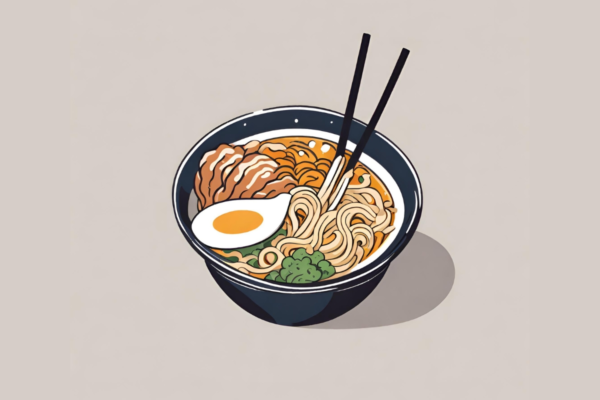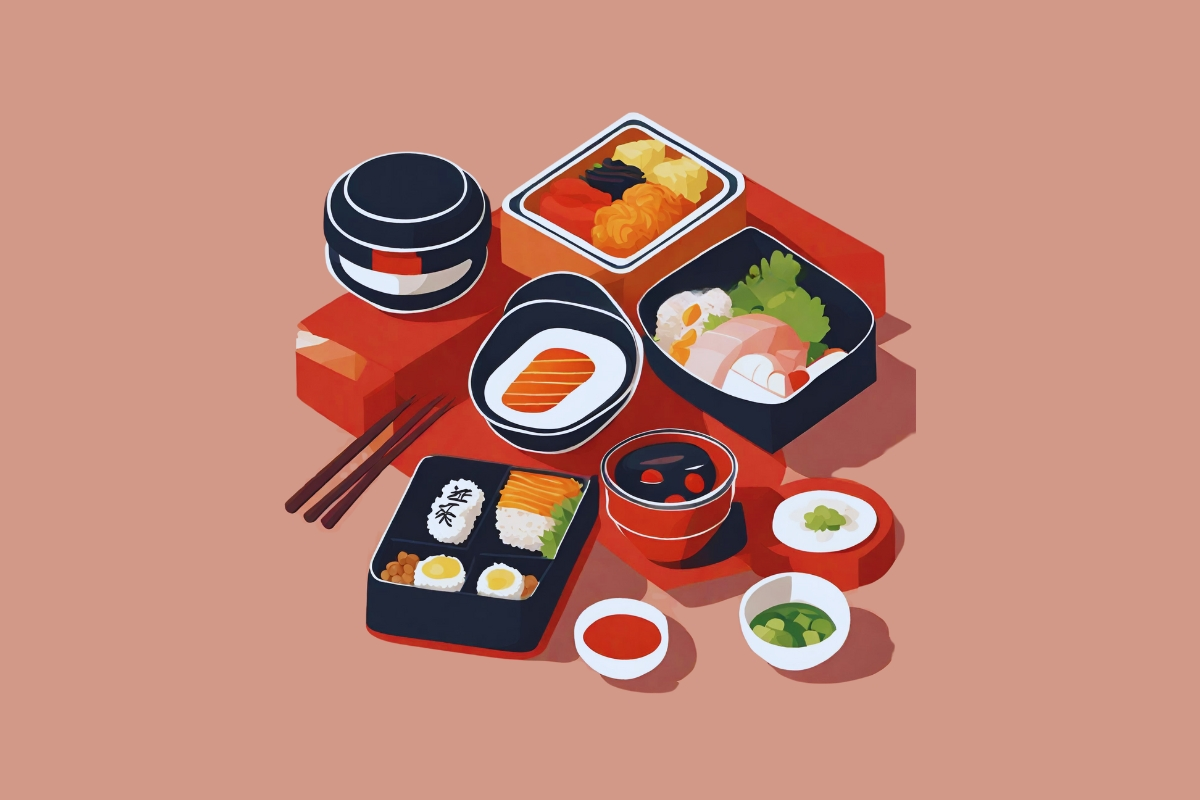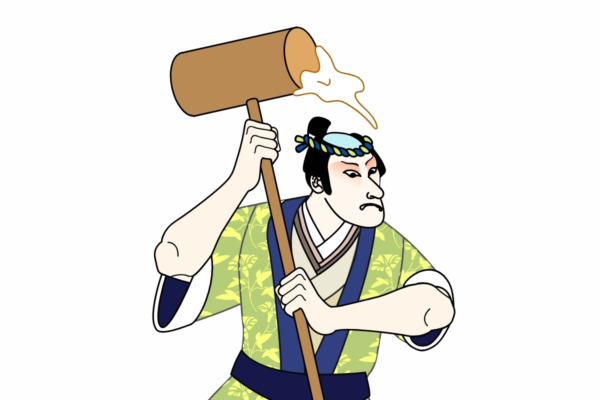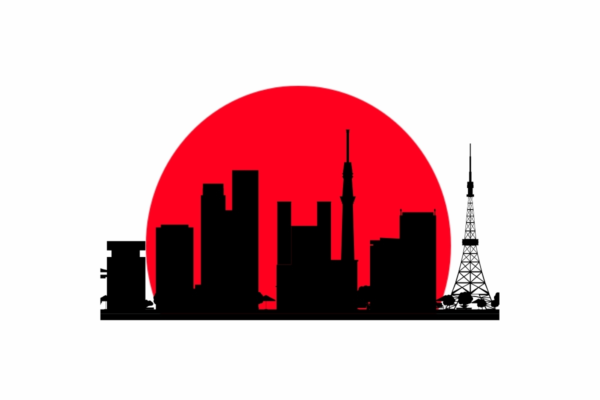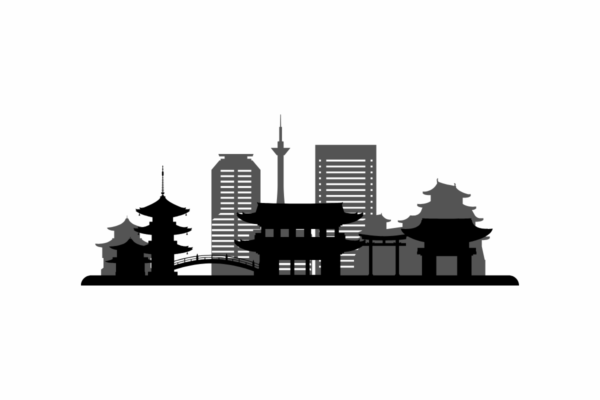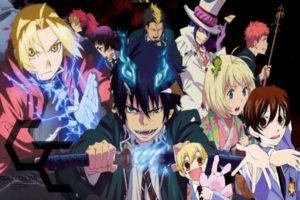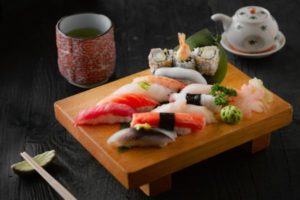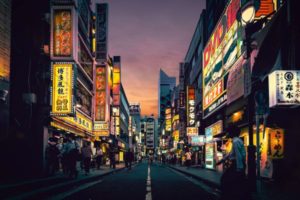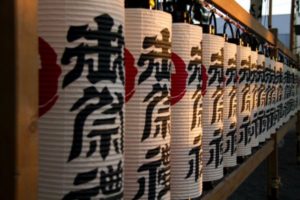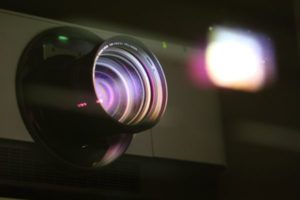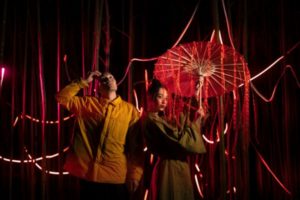Anime has captivated audiences across the decades on a global scale, becoming a mainstream phenomenon. With its rich history and impact, anime has even become a topic of interest for researchers, historians, and scholars all around the world.
Helen McCarthy, an expert on the study of anime, has been sharing her knowledge of anime since 1981 through her written works and talks that discuss the art history of anime. Co-author of the Anime Encyclopedia, Helen McCarthy provides us a better understanding of the influence of anime and how it remains a popular form of entertainment. Learn more about what inspires Helen McCarthy and how she was able to pursue the study of anime on an expertise level.
1. What interested you in pursuing anime and Japanese pop culture academically?
2. Who is your biggest anime influence?
4. What inspires you to continue studying anime after all these years?
5. How has anime become a major influence in global art and aesthetics?
7. If a student wants to pursue studying anime and Japanese culture, where can they start?
10. Why is it important to learn about the art history of anime to further understand it?
Join Our Event: The Art History of Anime with Helen McCarthy
1. What interested you in pursuing anime and Japanese pop culture academically?

I’ve always wanted to know how things work, and how they come about. When I first encountered anime I didn’t know it came from Japan, but I knew it was different from anything I’d ever seen before and I wanted to know why. To me there isn’t really any difference between pursuing a topic academically or pursuing it as a fan; the way I get the most out of it is to explore the roots and the evolution and ask the questions that nobody else has answered yet. Because of my own interests and beliefs, my work skews fairly heavily toward art, history, and politics, but there are so many other great explorers looking into the industry, the marketing, and the other areas of anime that it’s a great time to be into anime and Japanese culture.
2. Who is your biggest anime influence?

Beyond a doubt, Osamu Tezuka. He had a phenomenal work ethic, he was an absolute fountain of story ideas – he once said that he had so many he could hold a garage sale, and he certainly had more ideas than he got to use in his tragically shortened life. He was wildly human – funny, clever, ambitious, crazy about film and music and culture, a devoted husband and dad despite being a complete workaholic who slept four hours a night, an absolute magpie of ideas and influences, a huge encourager of new talent even though he could be very envious of anyone else who attained popularity had an idea he wished he’d had. Just a fascinating person. Writing my book on him was so much fun. Like hanging out with a mate who’s also a genius.

That’s not a question, that’s a book! Anime has been influenced by pretty much every art style and every culture on the globe. My talk on the Art History of Studio Ghibli touches on the Russian and French films, English and Swedish children’s books, Japanese spiritual movements, and studio styles and politics that have helped to mold the studio, but an overview of the whole of anime on that basis would take a couple of years to write and research and can’t be encapsulated in a brief answer.
4. What inspires you to continue studying anime after all these years?
The incredible diversity in anime, much of which never really makes an impact on the West. Things are improving, but we still only scratch the surface of anime, manga, and their related media spinoffs, and our consumption is heavily skewed to youth products (high school to college age range in Japan.) Everything I learn tells me there’s more I don’t know. Plus there are so many exciting, inspiring young scholars out there, more emerging every year. Right now I’m blown away by the work of Eike Exner. Getting up and going to work every day is more and more exciting.
5. How has anime become a major influence in global art and aesthetics?
It’s different from anything produced by other nations, it’s very easily marketable because it ties in with many concerns, fears, and aspirations in the all-important youth market, and broadband technology arrived at just the right time for it. Tech is so important to anime. Every new frontier for anime has been tech-driven. That’s one of the things I talk about in the new presentation I’m developing, the Art History of Anime.

Definitely. The trick is getting publishers to sign on the dotted line. I’m currently considering self-publishing a couple of little projects just for the fun of it, and I currently have a major work under consideration with a publisher.
7. If a student wants to pursue studying anime and Japanese culture, where can they start?
The Internet is easiest for most people, but finding what you want depends on how well you focus your questions. If you just want to find out more about a particular topic or show, I recommend starting with Anime News Network because they have some great writers and a considerable depth of material. In Britain, AllTheAnime does a similar job. Something I find helpful is, that when I find a writer whose style and approach I like, I follow them. There are a number of absolutely excellent writers working mainly online, specializing in various topics – for example, @anime_gaku on X ( Formerly known as Twitter) does in-depth explorations of older anime, and @mangaberg covers old and often untranslated manga.
It’s a case of spending the time exploring to find what you like, what catches your interest. Universities in the UK and overseas also feature anime courses. For example, Dr. Rayna Denison is a Professor of Film and Digital Arts and Bristol and specializes in anime, with a major book about Studio Ghibli out recently. The Sainsbury Institute for the Study of Japanese Arts and Culture at the University of East Anglia has some great courses and online lectures on a variety of topics including anime and manga, many archived for playback by anyone interested.
8. When studying anime and Japan, do you need to learn Japanese for the purpose of obtaining more accurate resources?

There is no denying that expertise in reading, writing, and speaking Japanese makes accurate research on many topics much easier. What you mostly need is curiosity and an unwillingness to accept any answer that isn’t backed up by at least two or three independent sources. Japanese writers can also make mistakes, skew the narrative to favor their preferred version, make typos, get dates wrong, or interview someone famous and fail to ask searching questions because they’re just so starstruck. My Japanese is at a very low level, but I’m determined and persistent and have good friends who help me out when the dictionary leaves me baffled.
10. Why is it important to learn about the art history of anime to further understand it?
It’s not important to your enjoyment. If you love Ghibli, One Piece, or Pokemon, and you don’t want to go further, that’s fine. Life is short and you’ll never see all the anime that’s ever been made. It would be quite difficult for anyone who has a job and needs to sleep to see all the anime that’s been made this century. But if you find yourself wondering where this or that idea of expression came from, or what else that writer or director has done, or if there are any anime about your favorite sport, you’ll find that reading or hearing critics and historians on anime will deepen your enjoyment.
It’s like a rabbit hole where you can fall endlessly, seeing new and exciting and funny and downright weird stuff and never reaching the bottom. No wonder Alice in Wonderland has been remade or reworked so many times in anime and manga – it’s a text that predicts them before they existed!
Join Our Event: The Art History of Anime with Helen McCarthy

Whether you are pursuing the study of anime academically or recreationally, there’s no doubt that learning about the history and influence of anime will help you understand and appreciate it more.
Ready to dive deep into the world of anime? Join us as we look at the historical backgrounds, artistic inspirations, and cultural contexts of anime in our event titled, The Art History of Anime with Helen McCarthy.
The event will be held at Juju’s Bar and Stage on September 26, 2023, from 19:00 – 21:00 BST. Tickets and further event details are available here.







